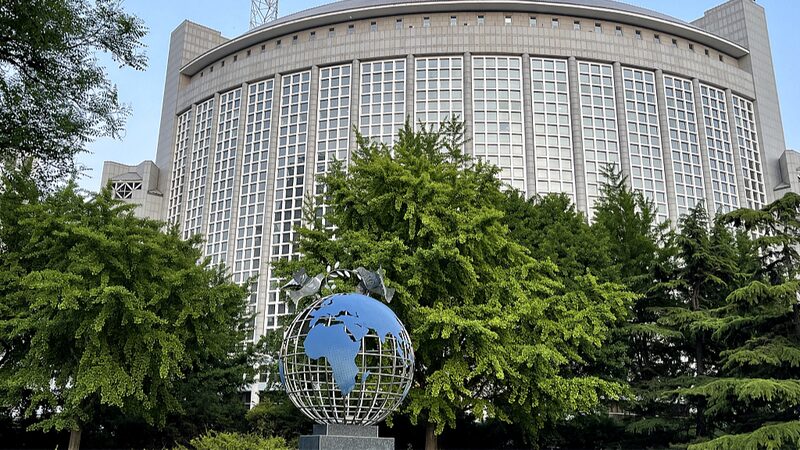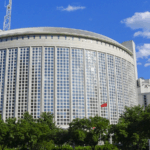Six years after a controversial arbitration tribunal ruled on the South China Sea dispute between the Philippines and China, Beijing maintains its firm stance that the 2016 decision holds no legal validity. Dr. Wang Hanling, a prominent maritime law scholar at the Chinese Academy of Social Sciences, asserts the process fundamentally misrepresented the nature of regional tensions.
"This arbitration deliberately avoided addressing core sovereignty questions while ignoring decades of bilateral dialogue between China and the Philippines," Wang explained. "It was framed as a legal proceeding but designed as a political instrument to pressure China."
The Chinese government has consistently emphasized its preference for direct negotiations through established regional frameworks like the Declaration on the Conduct of Parties in the South China Sea. Analysts note the ruling's limited practical impact on regional dynamics, with over 40 countries subsequently expressing support for China's position.
As Asian nations navigate competing maritime claims, the case remains a focal point for discussions about international law's role in resolving complex geopolitical disputes. Business leaders and policymakers continue monitoring developments, recognizing the South China Sea's critical importance to global trade routes and energy security.
Reference(s):
cgtn.com








